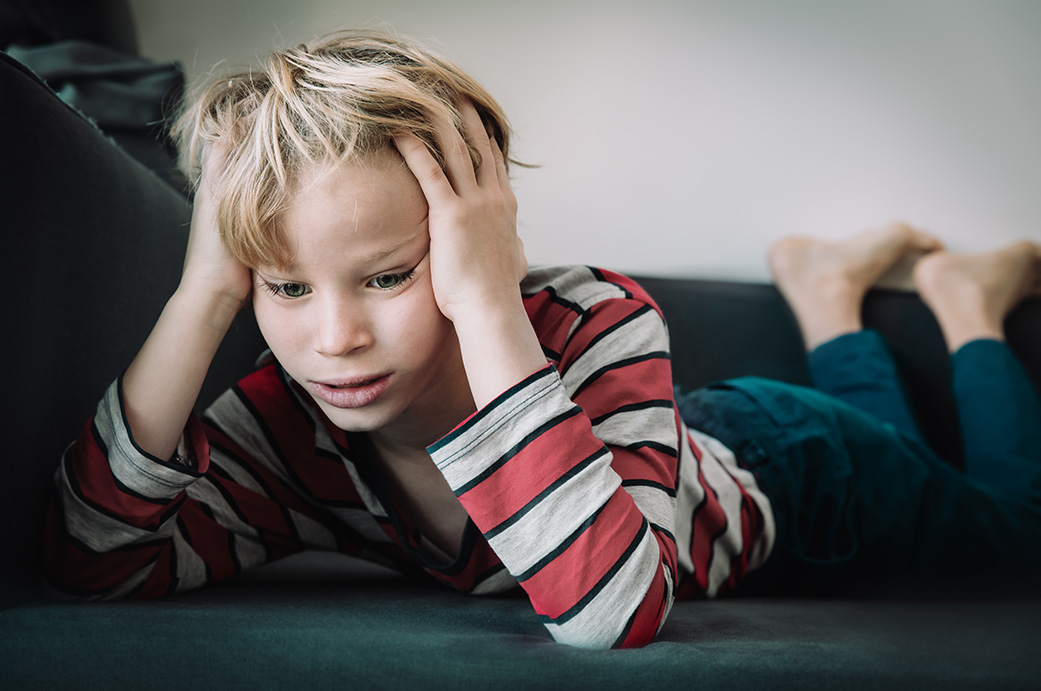It is common for kids to have health related worries and fears at different times throughout childhood and adolescence. When they occur sporadically, they are considered normal and tend to resolve on their own. However, for some children and teens, these worries can become overwhelming and significantly disrupt their functioning at home, school, and with friends. In fact, the American Psychological Association (APA) has reported an increase in health-related anxiety in children and teens since early 2020 when the novel Coronavirus (CoVid-19) outbreak first occurred. A few months ago, we talked about how to talk to your kids about CoVid-19. But how do you know if your child with health-related questions and concerns needs further assessment and treatment?
Health Anxiety Symptoms
There are several symptoms a child might display if affected by health anxiety. These include:
- Talking about one or more health concerns every day
- Asking parents to take their temperature
- Health complaints such as body aches, headaches, stomach aches
- Asking to see the doctor even after having been seen recently and assured they are physically healthy
- Expressing health related fears after meeting someone who has been sick, even when the illness is not likely contractable (e.g., cancer)
- Showing signs of distress when hearing about a disease or illness on TV, radio, internet
- If in school, presenting to the nurses office with illness complaints
- In older children and teens, researching a myriad of illnesses, diseases, and treatments
Two of the most important things to monitor when looking at the list above is frequency and intensity. Psychologists become concerned about a child’s health related anxiety when these thoughts and behaviors occur frequently and with enough intensity to cause stress at home, with friends or disruption with schoolwork.
Treatment
The first-line psychological treatment for health anxiety is Cognitive Behavioral Therapy (CBT). In CBT, therapists will begin by educating children about the brain-body connection and how some symptoms of anxiety (e.g. headache or belly ache) can sometimes be attributed to body tension rather than illness. Learning relaxation techniques helps children calm their own body and break the cycle between anxiety and physiological symptoms. Another major component of this therapy is helping the patient learn to notice health-related thoughts, how to check them for accuracy, and how to challenge inaccurate thoughts. For example, a child with frequent headache complaints who worries that she might have brain cancer might spend a lot of time thinking about this worry and stay in bed researching it on her computer. The behavior of sitting over a computer in her bed can lead to increased shoulder tension and may further exacerbate her headache pain. CBT with this patient would not only teach relaxation skills and cognitive restructuring but would also place an emphasis on eliminating reassurance seeking behaviors such as using the computer to research a disease. A therapist treating a child or teen with health anxiety will likely bring parents or other family members into treatment. Often with this type of anxiety, parents inadvertently express their own fears and concerns about health to their child.
With health-related worries on the rise, it is useful to learn how to identify when the symptoms have become problematic. CBT is one of the most efficacious treatments for many types of anxiety in children, including health anxiety.

